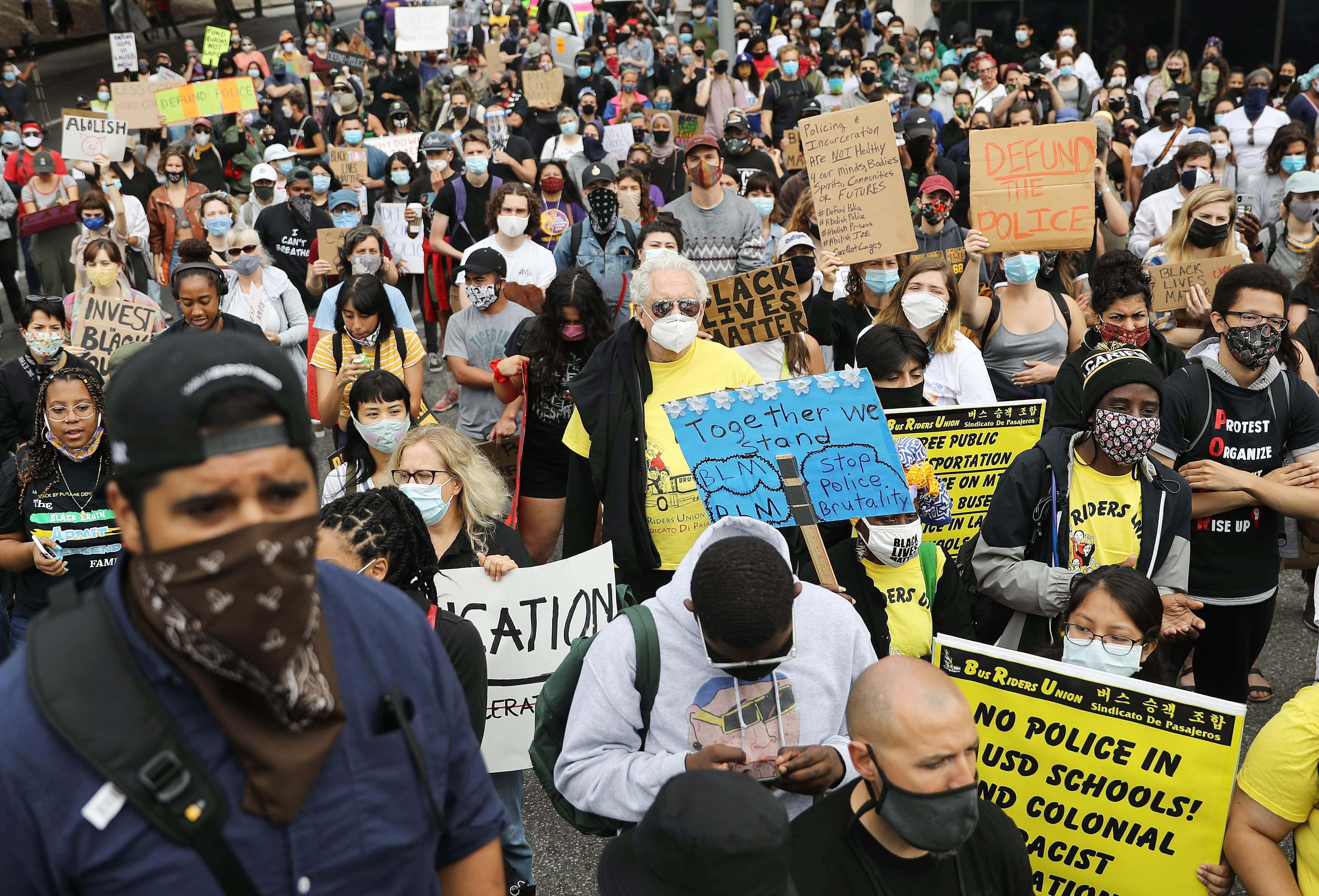Polarization making Americans poorer and lonelier as people choose jobs and friends based on politics: Study

Political polarization is a part and parcel of life in America and if one goes by a recent study, it is not something just restricted to political life but adversely affecting people socially and economically as well. The Journal of Public Policy & Marketing has found in its survey that “political polarization is having far-reaching impacts on American life, harming consumer welfare and creating challenges for people”.
According to the abstract of a related article that came out in the journal last month: “...political polarization increases the salience of political identities, alters inter- and intra-group dynamics, and amplifies cognitive biases. These effects negatively impact consumer welfare, including financial welfare, relationships, mental and physical health, and societal interests.” The authors of the study also said that partisanship is making the people of the US poorer by restricting their job choices and lonelier by cutting off friendships and even less healthy.
Since consumers are increasingly demanding that the products they buy reflect their political ideology, companies are facing more pressure to issue pronouncements on social issues, potentially allowing politics to penetrate deeper into daily life, according to the study. David Sprott, one of the study’s authors, addressed the gravity of the situation by saying in a statement: “I think we’re all aware of how political polarization has affected our elections and system of government, but the impacts go far beyond the political arena. Ultimately, polarization harms mental and physical health, financial welfare, relationships and societal interests through its impact on psychology, marketing and public policy outcomes,” he said.
RELATED ARTICLES
The 'Whataboutism' of Black Lives Matter: What is this overused defense tactic and why it's invalid
Trump condemns removal of controversial Teddy Roosevelt statue from New York museum: 'Ridiculous, don't do it'
The researchers warned that with political positions having a say on decisions, people “may sacrifice wages, lose out on jobs, make suboptimal purchases and disregard opportunities to save”. “For example, research has found that employees accept lower wages to work for politically like-minded entities, and people may select higher-priced products or ones that offer less-functional value,” they added. It may be added here that political polarization in the US in recent times has even seen companies with conservative-minded leaders losing their liberal consumers. The case of MyPillow is one in hand.

“In effect, activist consumers will increasingly expect brands to help spur social change, and will be more likely to respond to brand actions through a political lens,” the researchers noted, adding that even when the corporate bodies try to be apolitical, the country’s hyper-partisan environment increases the chances of them being viewed as political.
“As the population becomes more polarized, initiatives that were previously viewed through an apolitical lens may be viewed as favoring one political identity over another, as a polarized population is more likely to view corporate actions through a political lens,” the study reads.
People develop 'group-specific shared reality'
They also said that as people become more and more obsessed with politics and cut themselves off with those harboring opposing views, the chances of them developing a “group-specific shared reality” makes it harder to relate to those who are not in agreement with them.
“[A]s society has become increasingly polarized, politicians' objectives diverge and their animosity toward the opposition grows, thereby reducing opportunity for compromise,” the authors cautioned.
“Partisan incivility is a major reason for failed dialogue: Uncivil exchanges result in disagreement and greater polarization regardless of the evidence presented,” they added.
The researchers have also suggested a number of potential measures to reduce the effects of polarization and they include: curbing the spread of “misinformation” and limiting the length of political campaigns.
“Future research should consider the possibility that while political polarization can be harmful, there may be silver linings and reasons for hope,” the researchers added, suggesting probe into “what types and levels of societal conflict result in positive versus negative outcomes”.
More studies have been conducted on polarization
A number of studies have been recently undertaken over the increasing partisanship seen in America. Last year, a study published in the Journal of Research in Personality found that “status-seeking” drive also partially responsible for high levels of polarization.
According to the study, “prestige-motived grandstanding was consistently and robustly related to more extreme ideological views on a variety of issues”.
Also in 2020, another research article published in the journal Democratization said that political polarization undermined the very foundations of democracy. “Theoretically, we argue that polarization increases animosity between ‘enemy camps’, making voters more willing to accept anti-democratic measures against the rival group,” the authors of that study said.










